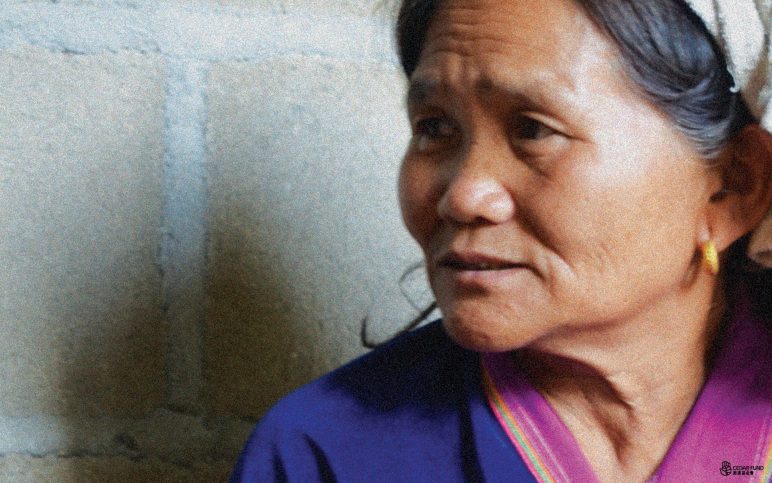Author> CHAN Nim Chung, Board Member of CEDAR Fund
It would be quite natural for us to think of ways to change the world once we have touched on the issue of “Mission”. In fact, it is we who should change first so that our lives and thoughts be transformed to live out the Gospel. In the previous two installments, I shared with you the multiple-faceted meanings of Integral Mission which is established on the basis of the Integral Gospel. We should not allow our limited knowledge, experience and culture, etc. to restrain the breadth and depth of the Gospel.
Is the Church an integral entity? Along the stream of history, the Church has been divided into many denominations as well as organisations of various functions. Competitions, criticisms and even rejections occur often. Recently there is much reflection and responses to issues in politics, economics, cultural shifts and myriad other social issues spawned by globalization. Many organisations, networks and large scale conferences are emerging. Let us look at a few aspects of this promising development.
Churches are neither here for their own good nor be good on their own. In contemporary society, developing partnership and network for effective deployment of God-given resources locally and globally trumps one’s own solitary empire building. In the field of relief and development, Integral Alliance and Micah Network, whom CEDAR Fund affiliates with, connect needs with resources effectively. These networks encourage participation of churches around the world to join forces in research, practice and theological reflection, achieving mutual enlightenment, result sharing as well as promoting the implementation of Integral Mission on a broad scale. The spirit of mutual trust and selfless sharing is vital in realizing the spirit of being an Integral Church.
Churches quite often employ an extractional or attractional mode to draw people out of their original background and require them to adapt to a set of established church regulation, culture and operation while churches turn away from other issues of the world. This mode of operation drastically reduces believers’ capacity to dialogue with society and exclude many who are scared by the church but otherwise love Jesus. As Christians, we are sent into the world but not of it, nor to be detached from it. Jesus comes to be Lord in every aspect of this world. Therefore, every Christian should live out her faith in every way possible as well as experience and reflect on the relevance of faith in the context of workplace, natural environment or culture. This may even enrich our theology. The concept of Missional Church has been around for a few decades and has recently been attracting a lot of attention and discussions.
We should not limit to the contextualisation of western theology and church modes but also inculturation (or indigenisation). The collision and fusion between Christianity and other cultures or sub-cultures allows us to experience God’s epiphany in every scene and in every community, thus enriching our understanding of God. Therefore, not only should we enter into the world but also to learn from people from different parts of the world such as India, Latin America and Africa where there is a mass of frontline experiences and theological reflections. Chinese may participate likewise.
2011 marks the 20th anniversary of CEDAR Fund’s journey of walking the path of poverty alleviation and justice advocacy. Global problems will only become graver in the days to come. Hoping to see the realisation of Integral Church, I am in the process of gathering various Christian communities and individuals for establishing a platform for global care, breaking through boundaries in the spirit of unity and mutual complement, with synergy and through in-depth research constructing the theory of “Integral Mission” and its practises.
(The original Chinese version of this article was published in Christian Times on 26 June 2011)








